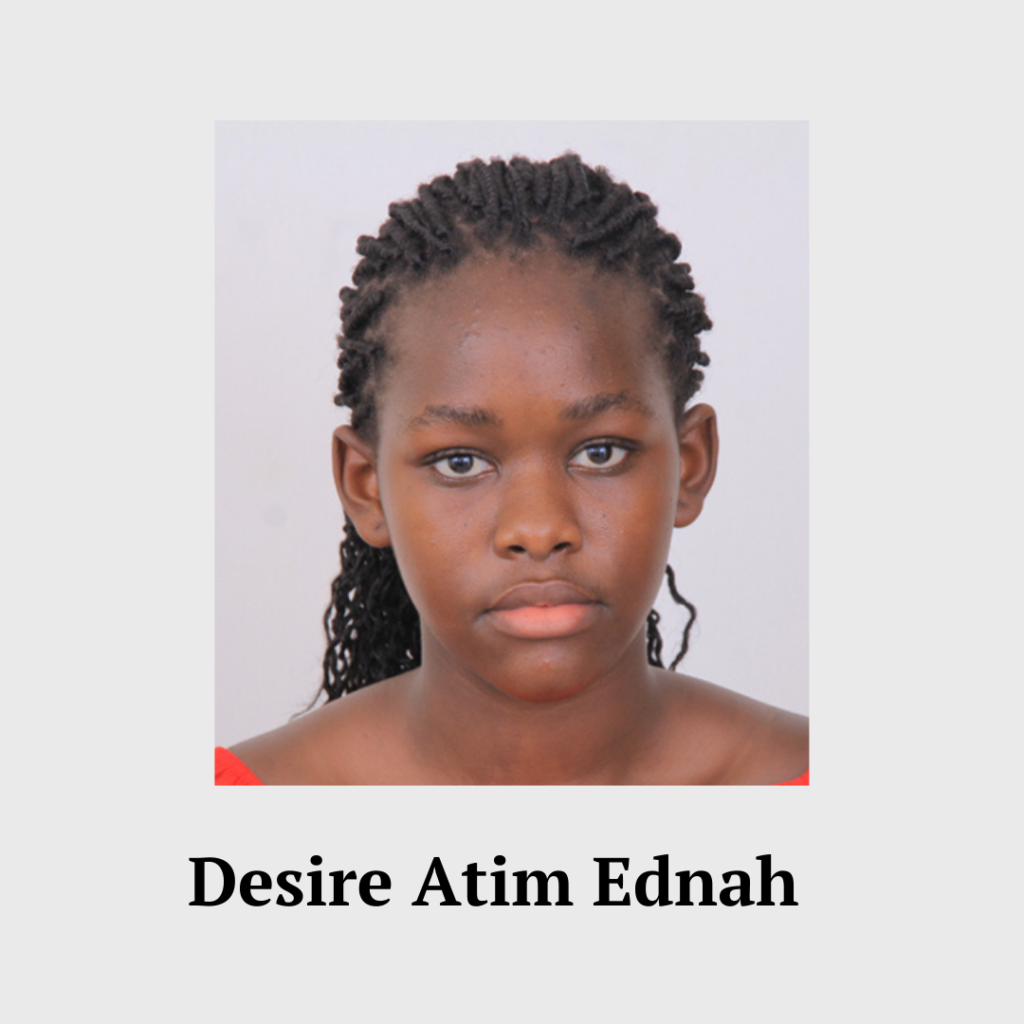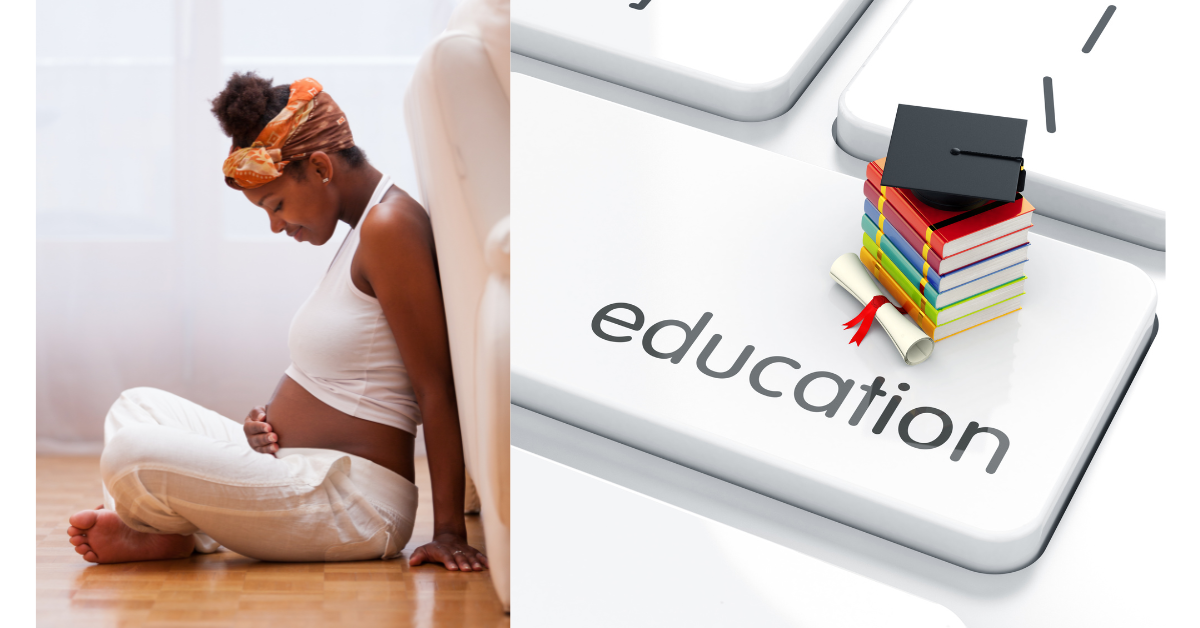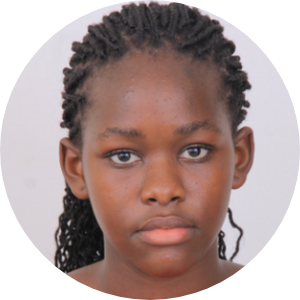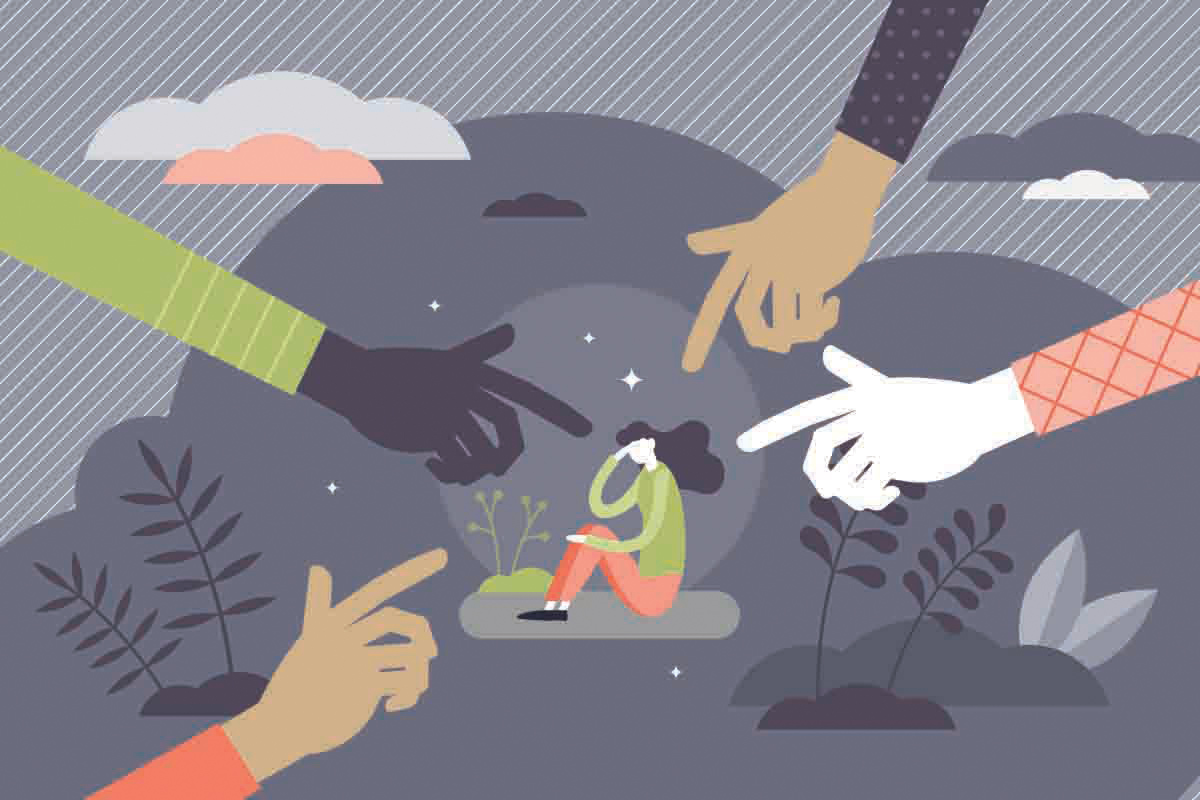Education First, Babies After
August 3
12 million girls aged 15 -19 years in developing countries give birth annually. The numbers are alarming and still not enough attention is given to curtailing teenage pregnancy. This issue of teenage pregnancy directly impacts a girl’s chance of getting a good education and living a good life. Desire Atim Ednah, a 16-year-old, Commonwealth Correspondent from Uganda, argues that pursuing education first and babies after, should be a value that every family and society champions.
‘Education is the most powerful weapon which you can use to change the world.’
-Nelson Mandela-
Education is not only a source of knowledge but a necessity for securing a bright future, especially for women. Globally, 15 per cent of young women have babies before the age of 18. Early pregnancy oftentimes prevents these teenagers from completing their formal schooling. This ongoing problem is a huge obstacle to our girls’ career growth.
In the community where I’m from, in eastern Uganda, once a girl gets pregnant, she is perceived as an outcast and is neglected by her parents. She is also considered a disgrace to the family and condemned by society.
These young mothers are likely to face some challenges raising children, as well. Her children may disregard her if she is not educated. They may also question her right and ability to council them if she didn’t complete her studies. However, there are numerous benefits to be had if a girl pursues her education first instead of starting a family.
Education helps people to become better citizens. An educated woman is less likely to embrace cultural practices that violate basic human and gender rights. For example, she is more likely to question dangerous practices like female genital mutilation. However, a person with very little or no education could easily offer up her children for what she may view as a normal traditional practice.
Education is power! In terms of organising a family, an educated woman is more likely to possess the skills to plan her family and her future. She decides when to start a family and how many children she would like to have based on her earnings or lifestyle. Children from planned families, where parents are educated, are more likely to pursue higher education. For example, due to strong networks, these children are more likely to complete college and secure well-paid jobs. This is not generally the case for the children of teenage mothers.
It is unlikely that a girl who considers having babies first would have the opportunity to travel extensively and work in other parts of the world. Girls who pursue their education first are more likely to gain prominence globally and contribute positively to their society. For example, females such as Wangari Muta Maathai, Malala Yousafzai, and Ellen Johnson Sirleaf would not be known for their work if it wasn’t for their education. Another prominent example is that of Lady Winfred Byanyima a Ugandan aeronautical engineer who was the Executive Director for Oxfam International and is now The Executive Director of UNAIDS.
If a girl completes her education first, it will open doors to a better world for her. Education will also help her to become a better parent and citizen. I urge every young person to pursue their education first because the rewards are tremendous.
Education is power!
Photo Credits: Canva
About Desire Atim Ednah: I am interested in becoming a neurosurgeon. I enjoy reading Ben Carson’s books such as Gifted Hands. I also love writing. Last year the Daily Monitor, a local newspaper, published my article on COVID-19. In my free time, I enjoy jogging, watching cartoons and listening to gospel music.






